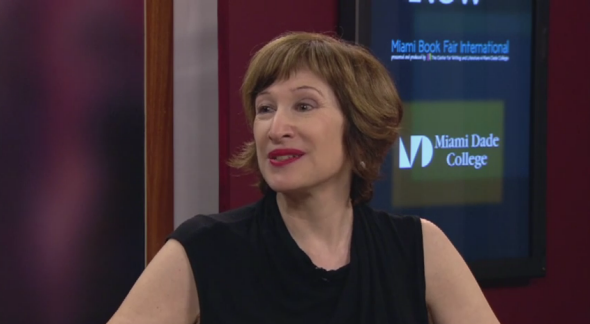In February, Northwestern film professor and liberal cultural critic (and occasional Slate contributor) Laura Kipnis wrote an article for the Chronicle of Higher Education called “Sexual Paranoia Strikes Academe.” Kipnis’ piece was critical of what she called the “layers of prohibition and sexual terror” that have inspired campus rules prohibiting romantic relationships between professors and students. Wrote Kipnis:
It’s the fiction of the all-powerful professor embedded in the new campus codes that appalls me. And the kowtowing to the fiction—kowtowing wrapped in a vaguely feminist air of rectitude. If this is feminism, it’s feminism hijacked by melodrama. The melodramatic imagination’s obsession with helpless victims and powerful predators is what’s shaping the conversation of the moment, to the detriment of those whose interests are supposedly being protected, namely students. The result? Students’ sense of vulnerability is skyrocketing.
Later in the piece, she argued that students “so committed to their own vulnerability, conditioned to imagine they have no agency, and protected from unequal power arrangements in romantic life” will struggle to deal with the problems and conflicts of the real world.
On Friday, Kipnis published another piece in the Chronicle, revealing that, in a twist that’s ironic on more than one level, she is now the subject of an investigation into graduate student complaints that her earlier column and a subsequent tweet violated Title IX, the law that prohibits sex descrimination in education. Her piece, in addition to pointing out the absurdity of being charged with discriminatory behavior because of an essay, alleges an investigatory process that’s ridiculously opaque for the accused:
I wouldn’t be informed about the substance of the complaints until I met with the investigators. Apparently the idea was that they’d tell me the charges, and then, while I was collecting my wits, interrogate me about them. The term “kangaroo court” came to mind. I wrote to ask for the charges in writing. The coordinator wrote back thanking me for my thoughtful questions.
One of Kipnis’ accusers was alluded to, though not by name and seemingly without rancor or judgment, in Kipnis’ first piece. This accuser apparently said Kipnis’ allusion to her was “retaliatory” and believes the above-linked tweet refers to her, which Kipnis says is not the case. The other accuser was not mentioned at all in Kipnis’ essay but is said to have brought charges “on behalf” of the university and two individuals who were referred to anonymously in the first piece.
Kipnis was not allowed to have an attorney present during her interview with Title IX investigators, she writes, but she was allowed to bring along another faculty member as a “support person” provided that the person she brought did not speak. That support person later discussed Kipnis’ situation at a “Faculty Senate” meeting—and has subsequently been accused of, yes, committing a Title IX violation.
